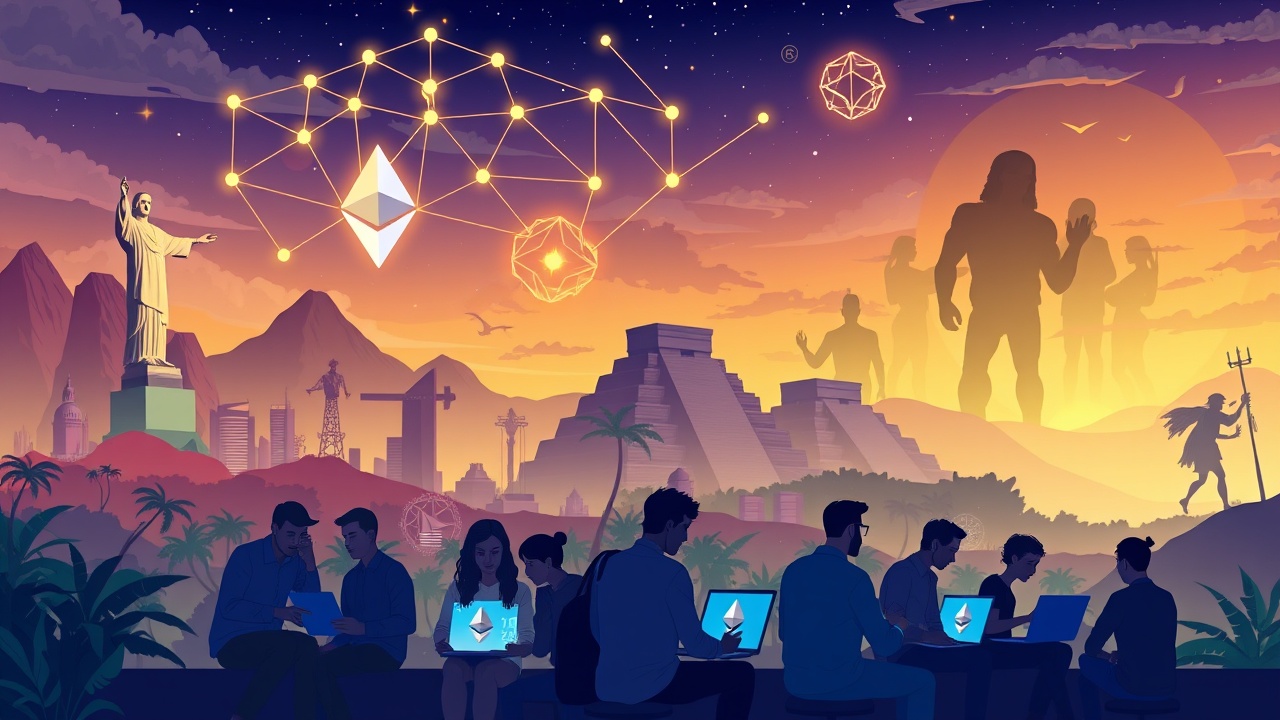Overview of Blockchain Development in Latin America
A recently published analysis by the consulting firm Sherlock Communications reveals that developers in Latin America are increasingly engaged in established blockchain platforms such as Ethereum and Polygon, instead of creating new foundational protocols. The report draws on qualitative data gathered from 85 blockchain developers across Bolivia, Mexico, Brazil, and Peru, highlighting their keen emphasis on compliance, transparency, and effective coordination in their work. Many developers prefer user-friendly tools, comprehensive documentation, and proven networks, making the likes of Ethereum and Polygon particularly appealing for their projects.
Insights from Industry Experts
Luiz Eduardo Abreu Hadad, a blockchain consultant and researcher affiliated with Sherlock Communications, remarked to Cointelegraph about the notable maturity and pragmatic orientation of Latin American developers. He emphasized,
“The region possesses a capable and increasingly adept developer community,”
although he indicated that the immediate trajectory leans towards enhancing existing platforms rather than launching new ones.
On-Chain Data Analysis
The report also features an on-chain data analysis revealing that between June 2024 and June 2025, Ethereum dominated wallet transactions in Latin America, accounting for over 75% of such transactions. In contrast, Polygon’s share amounted to 11%, but this figure is projected to rise significantly, indicating a doubling of Polygon’s activity to 20% by June 2025.
Local Initiatives and Future Trends
Despite the preference for established systems, Hadad pointed out that there are noteworthy local initiatives with potential on a global scale. Examples include tokenization ventures and national blockchain projects like Núclea Chain and RBB in Brazil, showcasing the region’s capability to develop new ecosystems.
Looking towards the future, Hadad predicted that the upcoming generation of developers in Latin America, including students and participants from hackathons, will increasingly focus on decentralized applications (DApps) and the tokenization of real-world assets (RWAs). He noted that these emerging developers are particularly interested in creating DApps to innovate social media and the creator economy while exploring avenues for supply chain traceability through decentralized physical infrastructure networks (DePIN) and RWAs.
“They favor stable ecosystems, user-friendly tools, and sustainable economic models, with an aim to address pressing issues of trust, usability, and transparency in their solutions,”
Hadad concluded.




